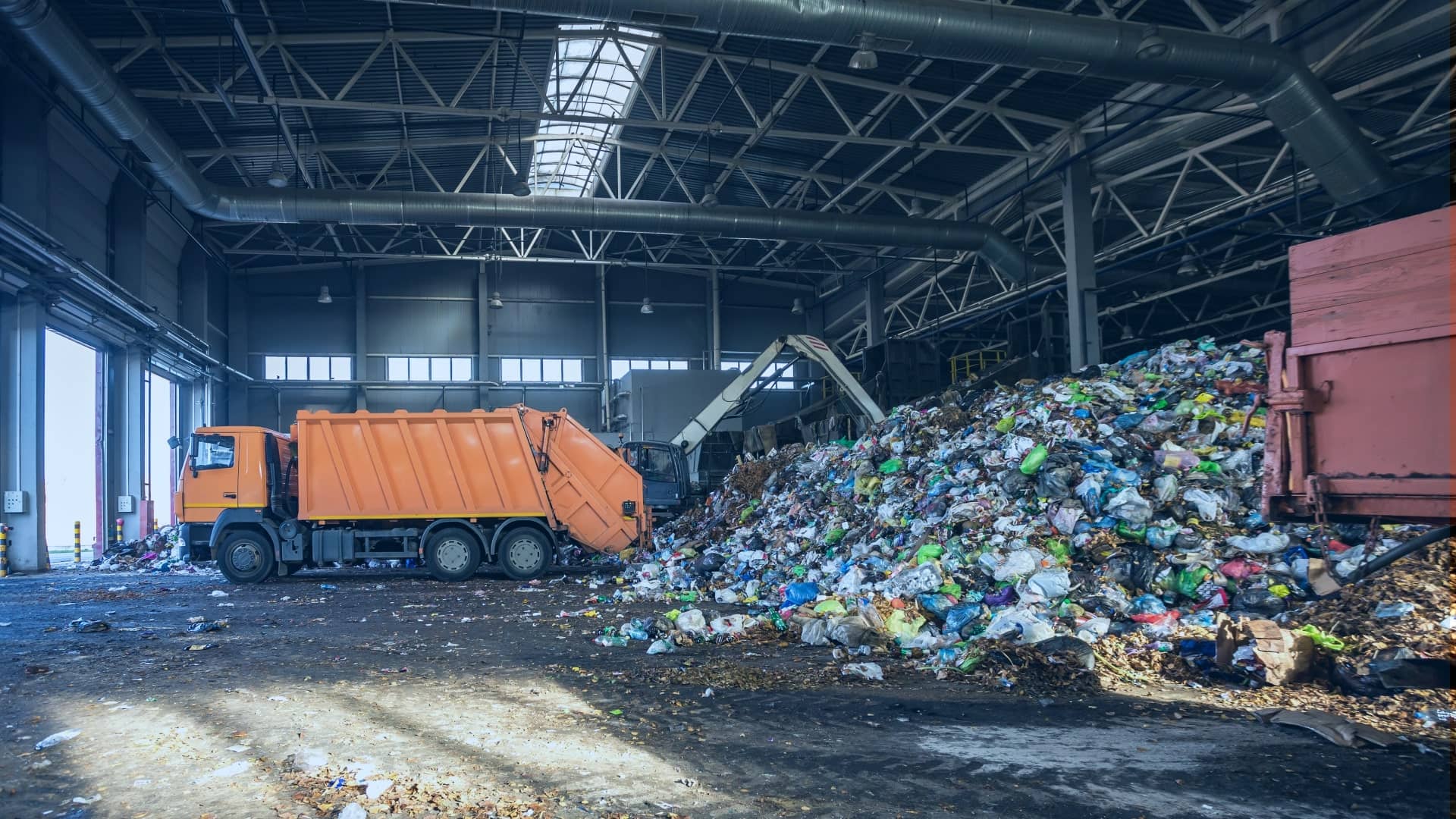Some Known Details About Reclaim Waste
Table of ContentsNot known Facts About Reclaim WasteAll about Reclaim WasteRumored Buzz on Reclaim WasteTop Guidelines Of Reclaim WasteAn Unbiased View of Reclaim Waste
Check out the kinds, events, and kinds of fluid waste. Residential sewer waste describes the waste and products from a property septic system. This kind of waste is developed by people in residences, schools, and other buildings. This only includes septic containers that have a drainpipe area. The appropriate monitoring and disposal of domestic sewer waste require liquid waste to be moved to a sewage therapy plant where the correct techniques and equipment are used to purify and dispose of waste.
Business waste typically includes prospective threats, such as flammable products or a mix of fluid and strong waste items, and requires a much more innovative and comprehensive disposal procedure. The disposal of business waste usually includes the purification of waste prior to transportation to guarantee secure and proper disposal. Industrial waste is developed from byproducts and drainage of commercial processes and manufacturing.
This type of waste can not use the very same sewage administration transportation or procedures as septic or business fluids. The commercial waste management process requires the examination and testing of fluid waste before it goes through the disposal procedure (industrial wastewater treatment). Drainage waste is the liquid waste that originates from overflow and excess stormwater in highly populated areas or cities
Runoff waste can create contamination and flooding if not handled effectively. Ensuring appropriate waste monitoring can avoid disasters and lower environmental harm.
9 Easy Facts About Reclaim Waste Shown
Get in touch with PROS Providers today to learn more about our waste administration and disposal services and the correct methods to take care of the liquid waste you generate.
This so-called 'wastewater' is not only a vital resource yet, after therapy, will certainly be released to our land, waterways or the sea. Made use of water from toilets, showers, baths, cooking area sinks, laundries and commercial procedures is known as wastewater.

water made use of to cool machinery or tidy plant and devices). Stormwater, a kind of wastewater, is runoff that flows from farming and urban areas such as roof coverings, parks, gardens, roads, courses and seamless gutters right into stormwater drains pipes, after rain. Stormwater streams neglected straight to regional creeks or rivers, at some point getting to the ocean.
The Ultimate Guide To Reclaim Waste
In Queensland, many wastewater is treated at sewer treatment plants. Wastewater is delivered from domestic or commercial websites via a system of drains and pump terminals, called sewage reticulation, to a sewage treatment plant. City governments build, preserve and run most sewer treatment plants. Operators are accredited under the Environmental Security Act 1994 to release cured wastewater at an appropriate environmental requirement into rivers.
The Division of Natural Resources encourages city governments about handling, operating and keeping sewerage systems and treatment plants. In unsewered areas, city governments might need householders to install private or household sewage therapy systems to treat residential wastewater from commodes, kitchen areas, shower rooms and laundries. The Department of Natural Resources authorises using family systems when they are verified to be reliable.
In some new communities, therapy of some stormwater to get rid of clutter, sand and gravel has actually begun using gross toxin catches. Wastewater treatment occurs in 4 phases: Gets rid of solid matter.
Uses little living organisms recognizes as micro-organisms to break down and eliminate staying liquified wastes he said and great bits. Micro-organisms and wastes are incorporated in the sludge.
The 5-Second Trick For Reclaim Waste
Nutrient elimination is not offered at all sewer therapy plants due to the fact that it needs pricey specialised equipment. Clear liquid effluent produced after treatment may still include disease-causing micro-organisms - liquid waste removal melbourne.

This typically suggests wastewater has actually to be dealt with or impurities eliminated before it can be discharged to waterways. Many wastewater moves into the sewage system. Under the Act, city governments provide authorizations and licences for eco relevant tasks (ERAs) including wastewater launches that may have a neighborhood effect. The department provides approvals and licences to Ages entailing wastewater launches that could have a regional or statewide impact.
The Facts About Reclaim Waste Revealed
Otherwise, samples are considered laboratory analysis. Typically numerous tests are required to establish the degrees of each of the different pollutants such as oils, heavy steels and chemicals in water. Monitoring gives valid info about water high quality and can confirm that licence problems are being met. The details obtained with monitoring supplies the basis for making water quality decisions.
Comments on “The Definitive Guide for Reclaim Waste”